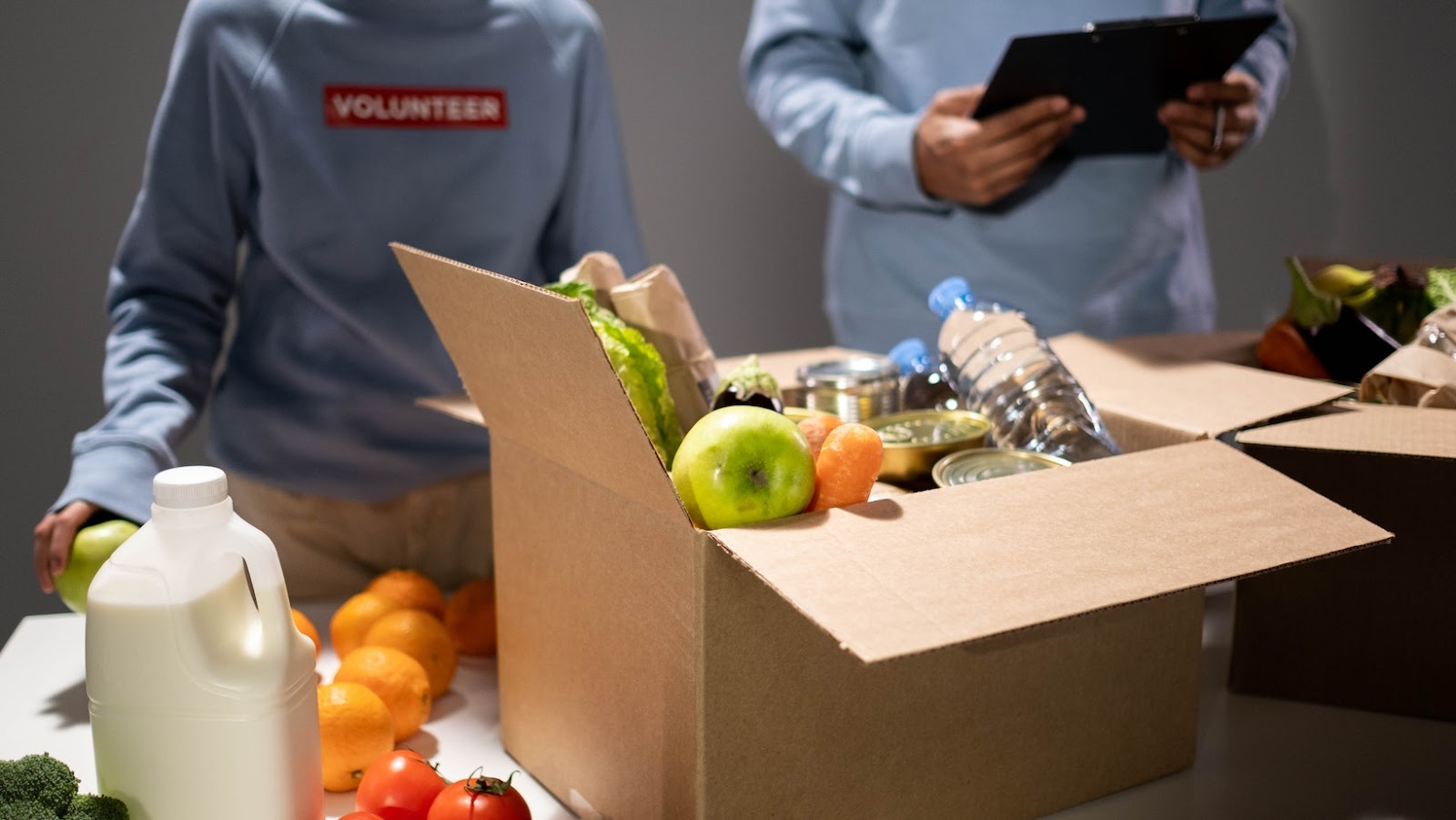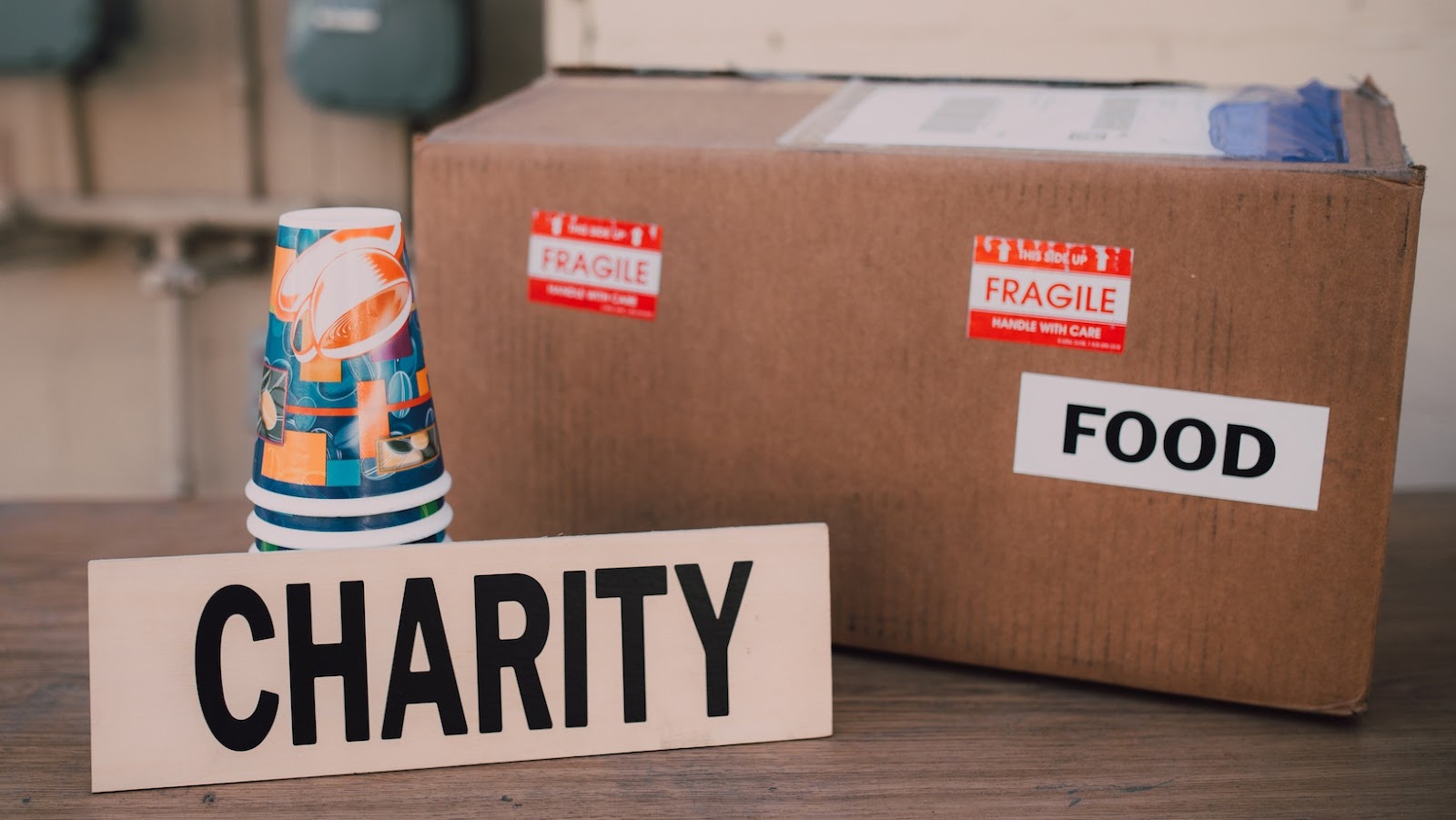How does it look or feel to know that food can be wasted while some needy persons go hungry? – That’s certainly not a cool thing, you may say. Nonetheless, one may not blame those with excess food since they may not even know how to reach the needy.
This is why the efforts of charity organizations that have taken it upon themselves to reduce food waste need to be appreciated. And in this article, we have elected to dwell on five such charities. So, you should not hesitate to reach out to any of them if you have extra food.
Food Forward
Food Forward, the brainchild of Rick Nahmias, was established in 2009 to combat malnutrition, hunger, and food insecurity. The organization has consistently achieved this objective by providing fresh groceries from the pool of excess (food) items – sourced from around them.
Food Forward is dynamic in its operation and has developed some unique schemes to aid the distribution of food to the needy. A notable example of such schemes is the Famers Market Recovery project, through which it gathers veggies and fruits from a host of vendors.
The Wholesale Produce Recovery Program is another excellent food collection/redistribution scheme. In this case, excess fresh groceries are recovered from the whole produce district in Los Angeles and then directed to the relief of hunger.
Food Forward’s impact has been quite noteworthy and inspiring, which has come with some recognition. On average, the organization is reported to distribute over 113,000 Kg to the needy on a daily basis. The significance of Food Forward’s dedication to the cause is even more appreciated if one considers how it saved produce valued at about US$120 million from wasting in 2021 alone.
Forgotten Harvest
Leftover harvests might have been sidelined to rot, but not when Forgotten Harvest is around the corner. Forgotten Harvest has been on this for a long time now, having been created in 1990. The organization is primarily known for delivering emergency foods to charities or needy people.
The foods/grocery items so distributed are contributions from restaurants, retail stores, etc. Forgotten Harvest is actively on the move through On-the-Go and Mobile pantries. With these initiatives, the organization can further extend its tentacles to individuals experiencing a high rate of poverty.
The quantity of food salvaged and redistributed daily by Forgotten Harvest is reported to be around 65,000 Kg. It has also shown its commitment to ensuring that children – those experiencing food insecurity – are provided with nutritious meals through its Healthy Food – Healthy Kids project.
Food Gatherers
Food Gatherers have lived up to its name since Paul Saginaw created it in 1988. The primary objective of this non-profit is the alleviation/elimination of hunger, which it seeks to achieve by fighting food insecurity and waste. This organization recovers excess food items or produce from farmers and local businesses.
Food Gatherers have contributed, in no small way, to ensure that the incidence of food waste is reduced to a significant extent. But it’s not just about the recovery of excess foods alone; the organization has also hugely invested in food rescue efforts – with deliveries/redistribution not left out.
It may also interest you to know that Food Gatherers runs a project named “Healthy School Pantry Program” dedicated to providing nutritional meals to children for free. This particular organization has also been at the forefront of canvassing for legislation directed at hunger elimination while sensitizing people on food insecurity.
Food Rescue
Every surplus food deserves a saving – never to be wasted – and this is what Food Rescue knows how to do best. Like the other ones before it, Food Rescue, founded in 2011, is a US-based non-profit organization. Food Rescue has a network of volunteers [spread across the whole country] that recover and distribute surplus foods.
Through these volunteers, the organization has been able to build a community-based model of rescue and redistribution. The volunteers are able to recover groceries from farmers’ markets, restaurants, and local businesses using the Food Rescue app. The recovered groceries are distributed to charities, public kitchens, and shelters in different communities.
There are currently about 15,000 volunteers on its call, and these have been able to rescue hundreds of millions of foods [in kilograms] since the organization was first established. Notably, Food Rescue’s contribution to the reduction of carbon footprint – a secondary but significant achievement – has not gone unnoticed.
The Felix Project
The Felix Project was initiated in 2014 by Justin Shaw to recover and redistribute fresh surplus foods in the UK. It is a project that is highly committed to combating hungry across the board and has a particular interest in children. A host of dedicated donors and volunteers have consistently contributed to the cause to ensure its sustainability.
The recovered foods are delivered directly to vulnerable people, charities, holiday programs, and primary schools. Since inception, more than 3 billion kilograms of fresh surplus foods – including veggies, fruits, fish, meat, etc. – have been redistributed across the UK.
Well, the list of charities explored here is just the tip of the iceberg, as there are more. You can check to see the ones available within your vicinity, even if you don’t have any food to give out right now. And, in case you didn’t see one around you, this article should inspire you to start a charity focused on reducing food waste in your area.
Conclusion
Food waste is indeed something to be concerned about amidst the incidences of food insecurity and hunger faced by some people. The charities discussed in this article are definitely leading the fight against food waste as best as they can. But then, they are limited to some extent and will rely on people – like you and me – to contribute our quota to the cause.
And the truth is that not only the vulnerable benefit from this act of kindness and selflessness but the world in general. This is linked to how surplus food rescue/recovery can help reduce carbon dioxide emissions – which significantly contribute to global warming.
















